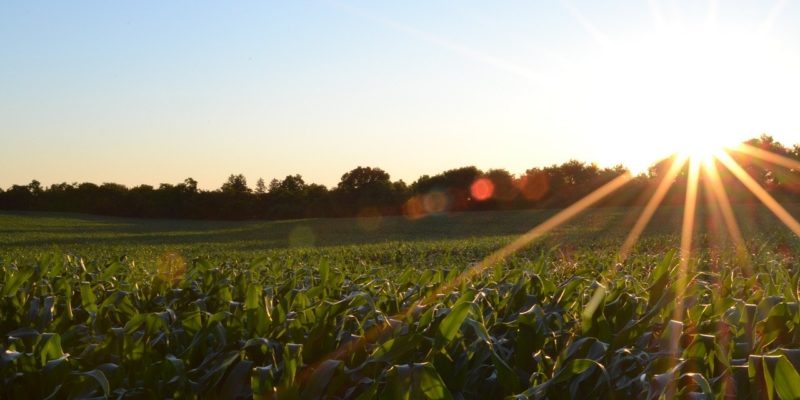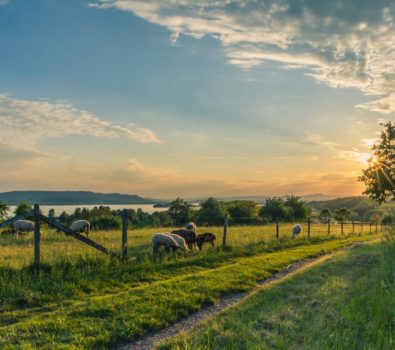Organic Farming Methods synthesize the advantages of modern technology and traditional farming along with the science of ecology to make effective agricultural methods that produce high yields of healthy plants It aims to keep the natural ecological balance throughout the whole farming procedure. It eliminates all synthetic substances from the equation to arrive at organic foods that are free of any chemical residues which might be hazardous to the health of customers.
Every choice is made carefully in the location of the farm to the sort of seed that is to be implanted. Crop diversity is the most popular among all Organic Farming Methods. It’s also called polyculture where different species of plants are grown in series on the same parcel of land. Various sorts of plants absorb and release unique nutrients from and into the soil. Planting many different crops, therefore, keeps the fertility of the soil.
Planting different plants also offer support for a broader variety of beneficial insects, wild plants, and microorganisms that lead to greater biodiversity. Traditional farms compared plant just one species of plant on the soil so that they’ll have to use only the identical sort of fertilizer and the identical kind of machines which all result in reduced production costs. Farm size is also among the most popular Organic Farming Methods. Organic farms use small-sized farm lots since they’re relatively easy to maintain even without the support of machines. Smaller yards also allow a broader range of plants to be grown on the farm at exactly the exact same time.
Having a too major farm size can create the demand for machines that organic farmers need to avoid as much as possible because machines need fuel, and gas causes This is why organic farms are often kept on a small scale. Soil fertility is a really important factor for Organic Farming Methods. Organic farms revolve around the maintenance of the natural nutrient cycle in the soil. Organic farmers permit the organic matter to come back to the earth naturally and become fertilizer for crops. Soil fertility is essential for sustainability as it helps to ensure that the farm can continue to efficiently be a farm even after decades. Traditional farms on the other hand significantly damage the sustainability of the soil. The unique synthetic substances conventional farmers employ on their plants continuously degrade the nutrition of the soil.


